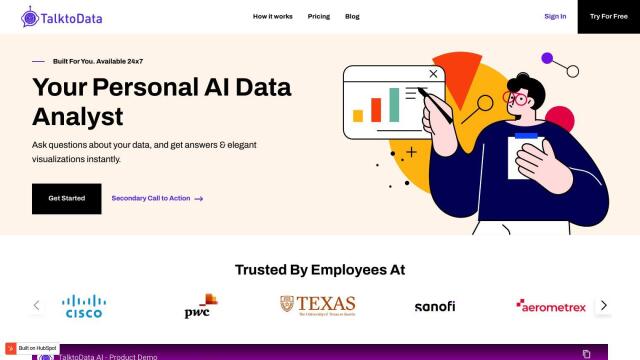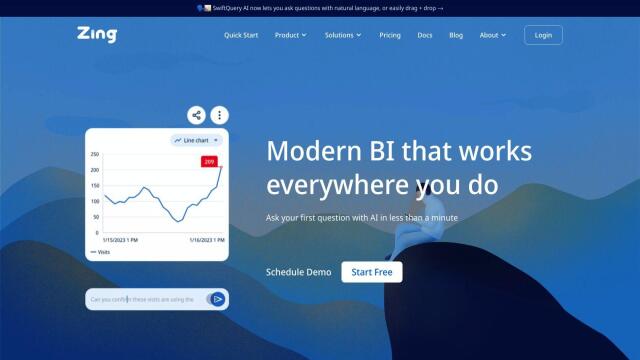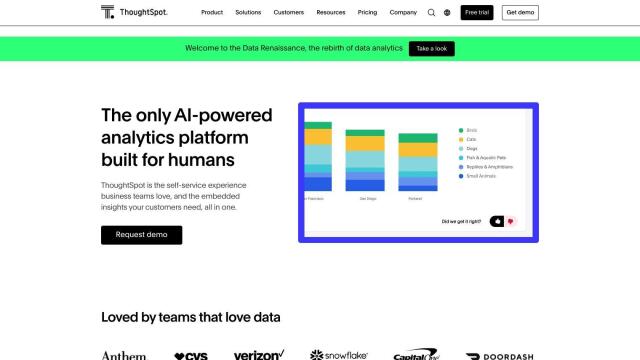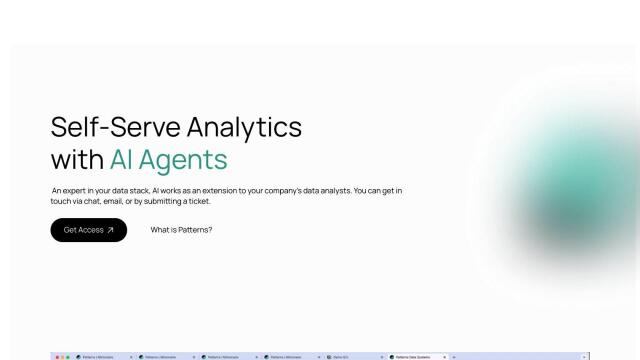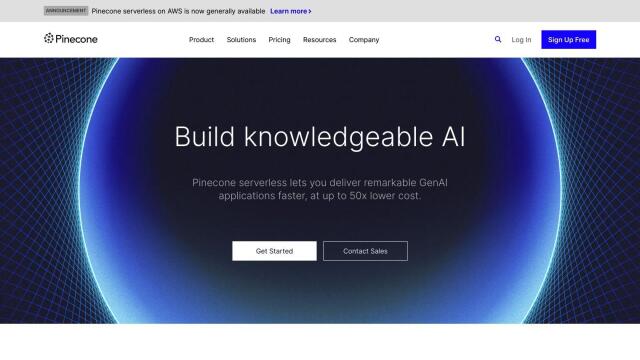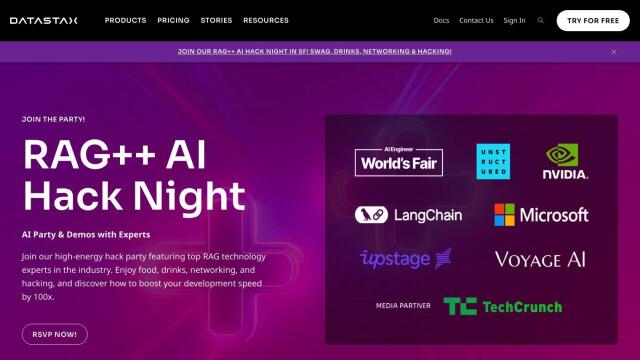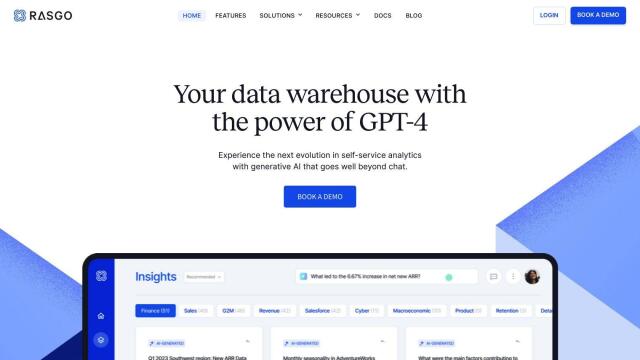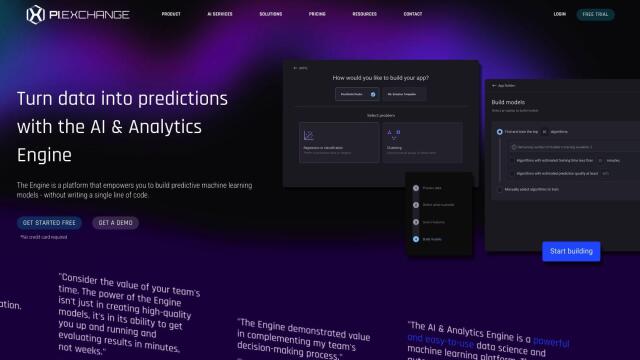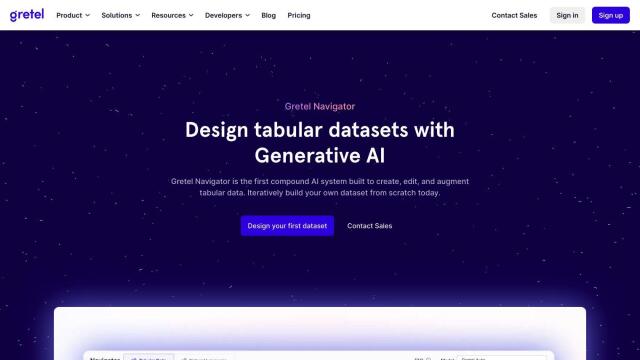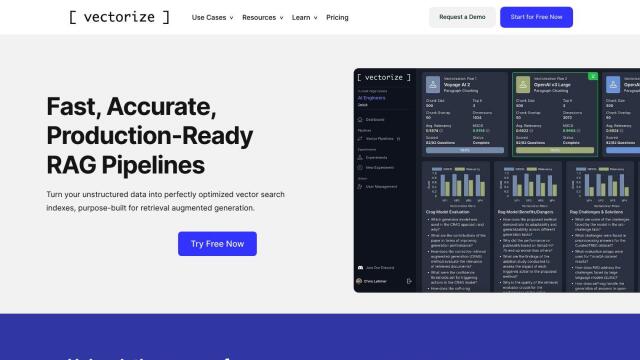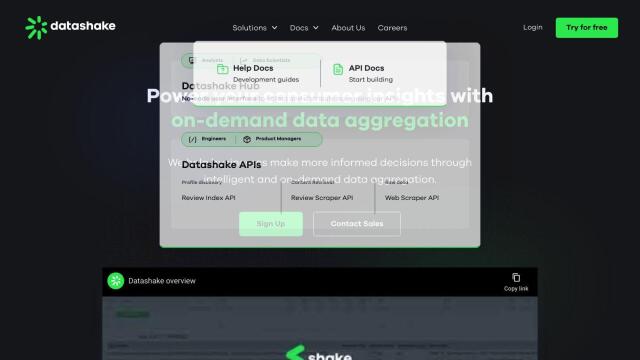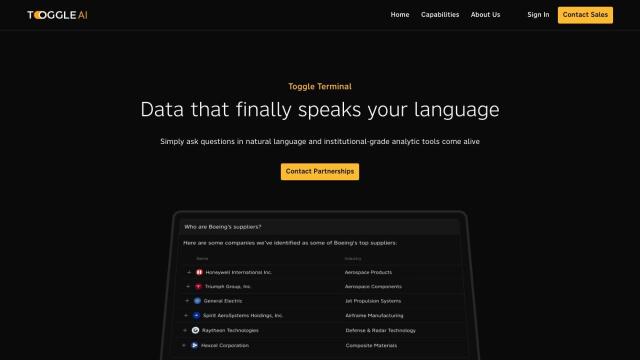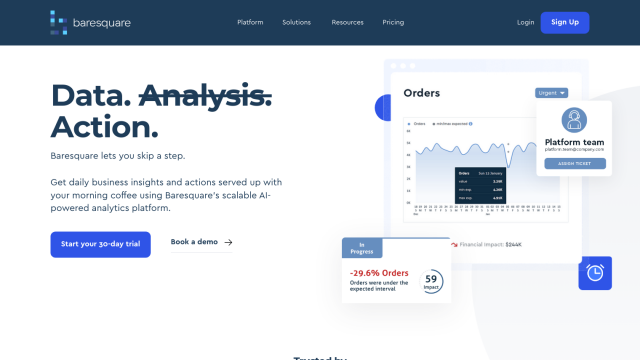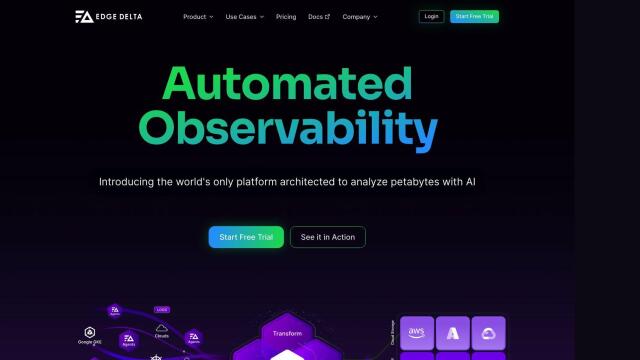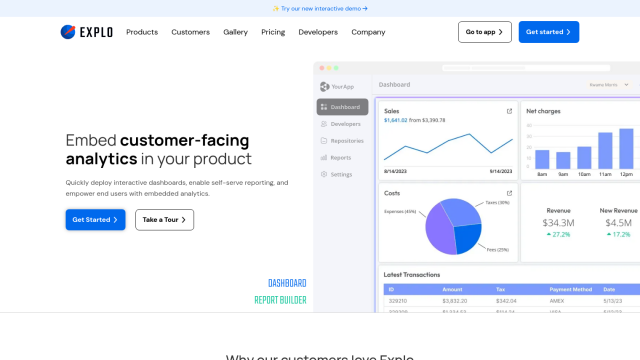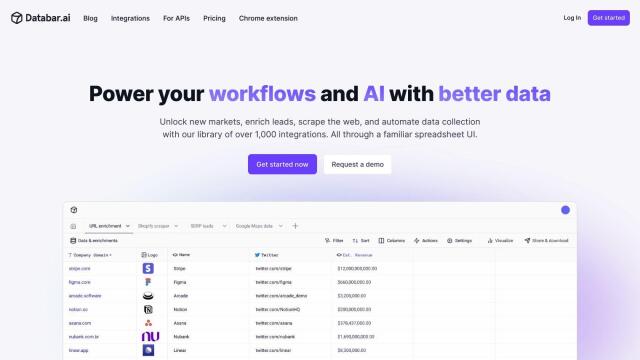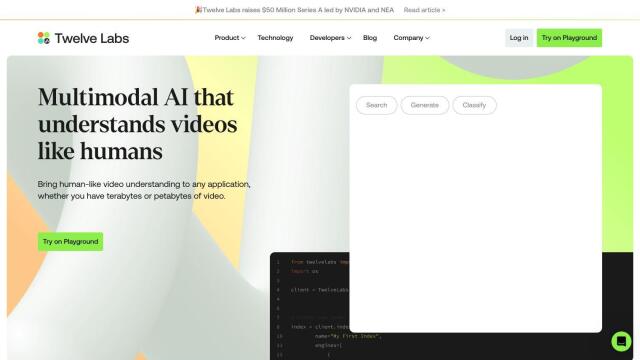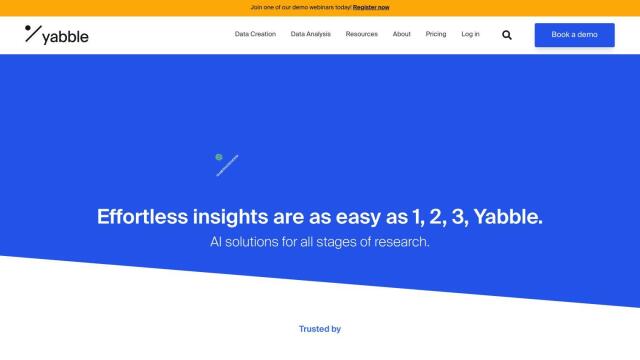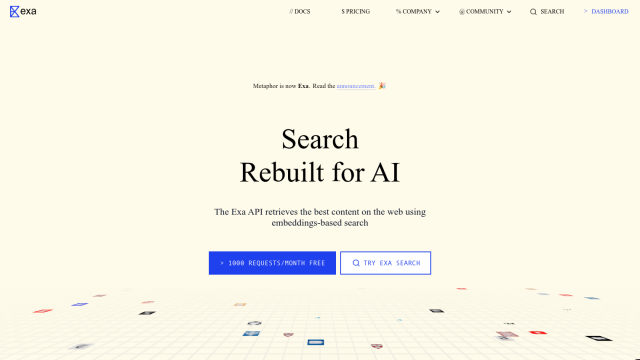Question: I'm looking for a service that allows me to search historical data to identify trends and patterns in internet-exposed devices.
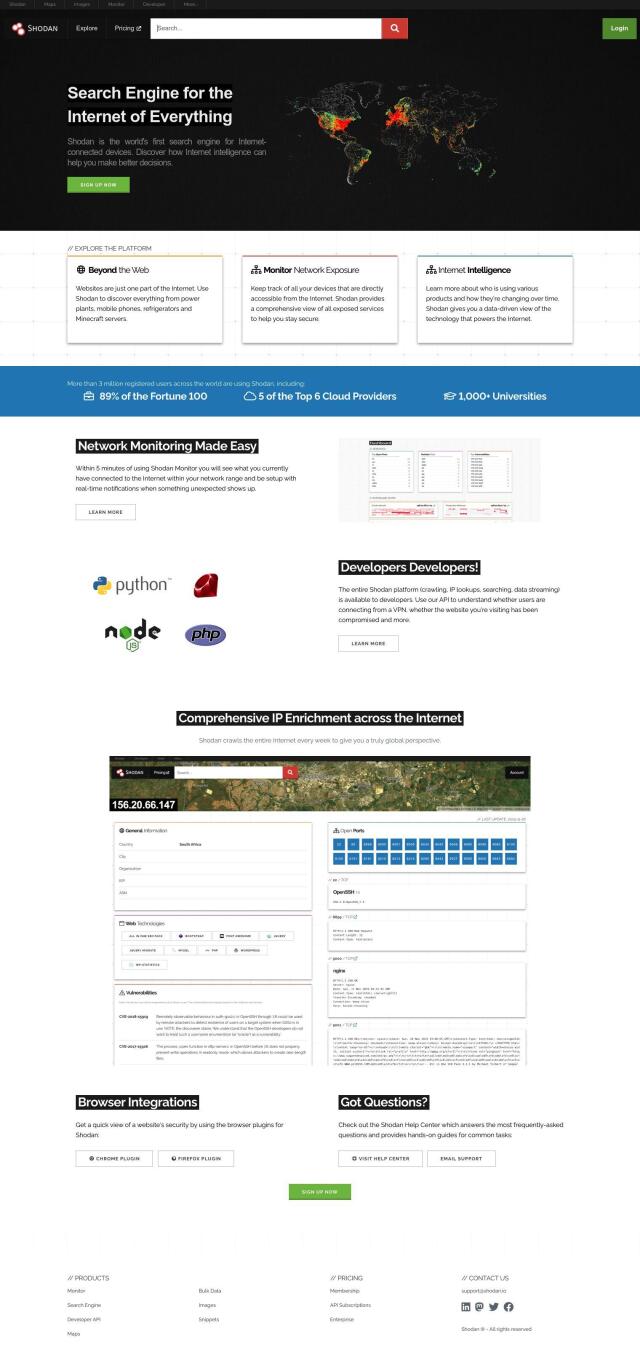
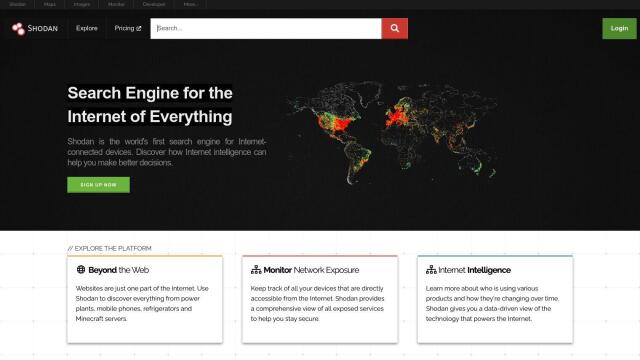
Shodan
If you want to search historical data to find trends and patterns in internet-exposed devices, Shodan is a great service to use. Shodan is an Internet-connected device search engine that indexes the entire Internet once a week, giving you global Internet intelligence and the ability to monitor network exposure. It offers real-time alerts, a developer API, IP enrichment, and a visual interface for exploring Internet-connected devices with geo-location data. You can also use Shodan to analyze trends over time with historical data search, which can help you spot and understand trends in network security and device behavior.

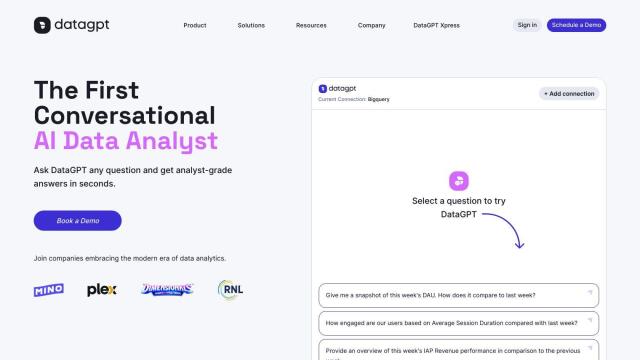
DataGPT
Another option is DataGPT, a conversational AI data analyst that can give you analyst-quality answers to your data-driven questions. It can connect to a variety of data sources like Bigquery and offers automated insights and a data navigator for exploration. DataGPT can help you with tasks like segment checking, anomaly detection, and comparison analysis, so you can make data-driven decisions and optimize growth metrics.


Vespa
If you want to use AI on big data, Vespa is a unified search engine and vector database that can handle a range of search types, including vector and structured data searches. It combines those abilities with machine-learned models to create scalable and efficient search applications, which can be very useful for spotting trends and patterns in big data. Vespa also lets you quickly build applications and offers free usage to get started.

